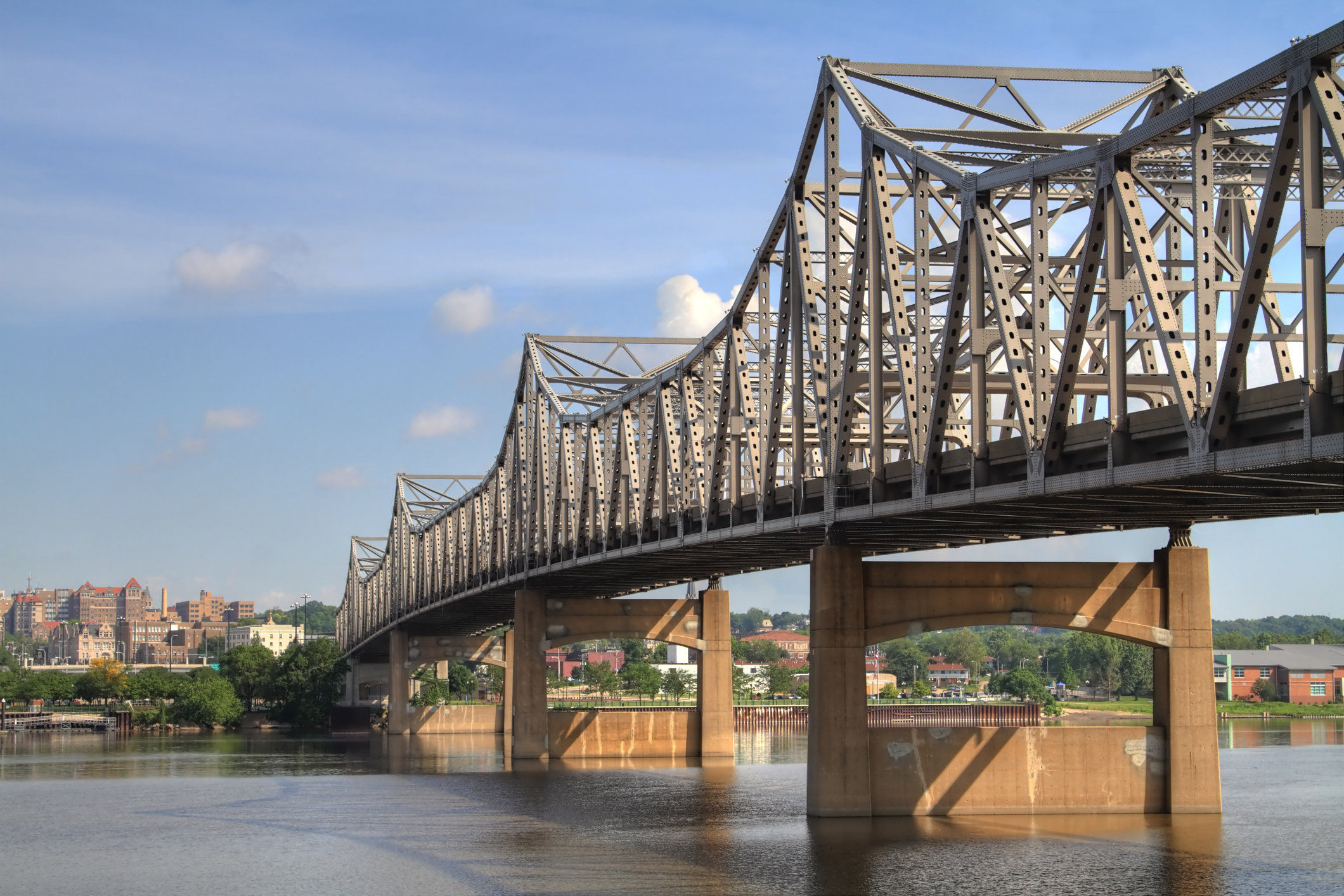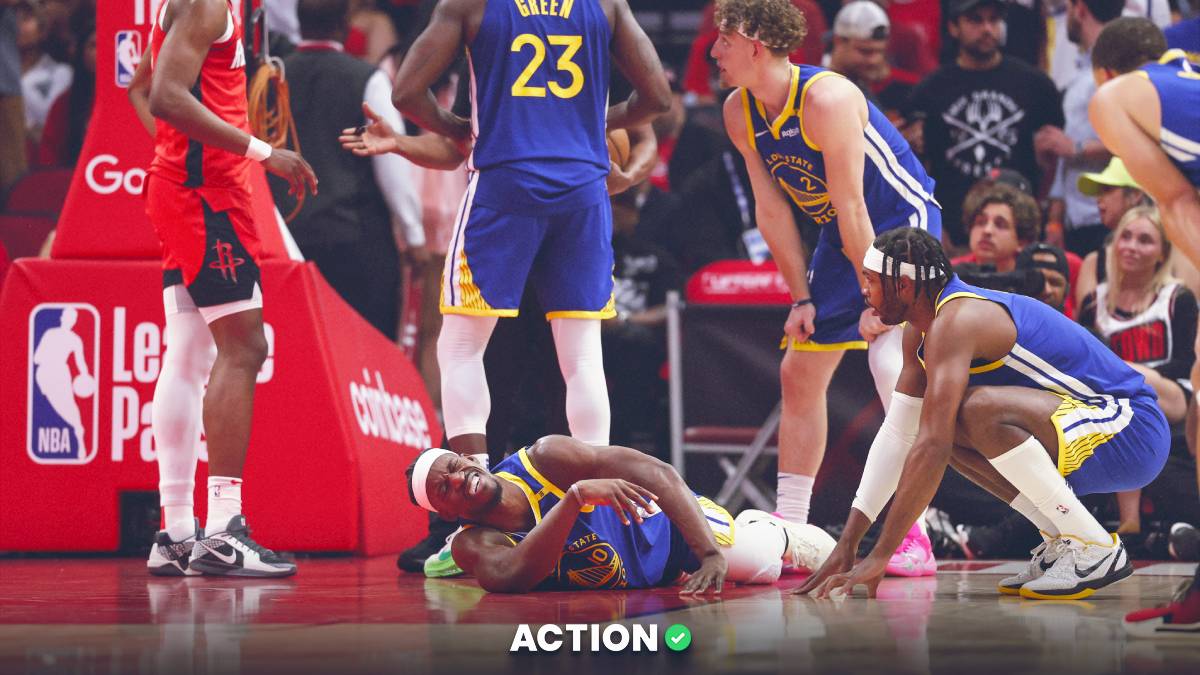Peoria, Illinois, can already claim that Jim Thome and Richard Pryor grew up there.
But the city and its lawmakers want more.
The City of Peoria hopes to attract Boyd Gaming’s local casino from its current location on an East Peoria riverboat to a land-based site. And they’re about to take the first step in doing so.
Today, the City Council will vote on whether to approve agreements with an investment banking consultant and a legal services firm to help bring a casino to Peoria.
This decision follows Boyd Gaming, the Nevada-based owner of the Par-A-Dice Hotel and Casino, informing the Illinois Gaming Board in March that it intends to propose a new casino facility project in the next two years. Boyd has been discussing this move with City Hall for the past four years.
But if Peoria succeeds, and the Par-A-Dice moves from East Peoria to a landlocked location within Peoria’s city limits, it could disrupt the long-standing profit-sharing agreement between the two cities.
Yes, there’s a lot to unpack.
What Peoria City Council is Considering
The council will review items that include hiring Innovation Capital, LLC, an investment banking firm experienced in gaming ventures nationwide, and signing a legal services contract with John Elias, a partner at Elias, Meginnes & Seghetti, who has experience with facility approval through the Illinois Gaming Board.
The deal with Innovation includes a $10,000 monthly retainer and a $250,000 transaction fee if a casino development agreement is approved. Elias will be paid hourly. The city legal department’s budget for outside counsel will cover both costs.
Assistant City Manager Kimberly Richardson told WCBU radio: “We are looking at a feasibility study, so we want to bring in a financial advisor to assist us with understanding what the investment will look like and the various financial aspects of it, if a casino came to the city,” she said. “Then you have the legal aspects of just understanding the gaming law and making sure that as this progresses, that we are doing things through the Illinois Gaming Board correctly.”
Richardson said it’s too early to speculate on where in Peoria a casino could be developed.
Peoria’s Land-Based Casino Agreement
In 1991, Peoria and East Peoria agreed on a gambling arrangement. Peoria's Mayor Jim Maloof opposed riverboat gambling at that time, while East Peoria welcomed it. They compromised, deciding that Peoria would host riverboat gambling for two years until East Peoria could build a riverboat landing.

According to the agreement, the two cities would split a gambling tax from Par-A-Dice equally, each receiving about $3 million annually. However, East Peoria would receive all the real estate and sales taxes.
Another vital part of the deal stated that all land-based casino operations must be in Peoria. The state only allows one casino license in the Peoria area.
Peoria Mayor Rita Ali told WCBU: “If this expansion includes plans for a land-based casino, the City of Peoria wants to be proactive in re-enforcing a long-standing agreement between Peoria and East Peoria which states that any future land-based casino shall be in Peoria.”
If the casino moves to Peoria, East Peoria and Peoria will still share the gaming-tax revenue equally. However, East Peoria will not receive any money from the other related taxes, which will all go to Peoria. With this extra tax revenue, Peoria might benefit from the expected development around the land-based casino and hotel.
New Ideas Are On The Table
The Par-A-Dice casino opened in East Peoria in 1993, and Boyd Gaming purchased it from local investors three years later.
East Peoria Mayor John Kahl conceded in an interview with WCBU that the state's gaming industry has changed significantly since they made the intergovernmental agreement, especially with the introduction of legalized slot machines and video gaming terminals outside of casinos.
East Peoria is now considering creating a new tax-increment financing (TIF) district that would include the current casino and hotel location. A TIF district is a popular economic development tool that lets cities reinvest sales tax and new property tax revenues from a specific area into local projects. These districts can last up to 23 years, possibly two 12-year extensions if the Illinois General Assembly approves them.
As Mayor Ali put it, “These matters are very complex so we find it important to bring in experts with experience in these particular discussions and/or negotiations.” She is not wrong.





















